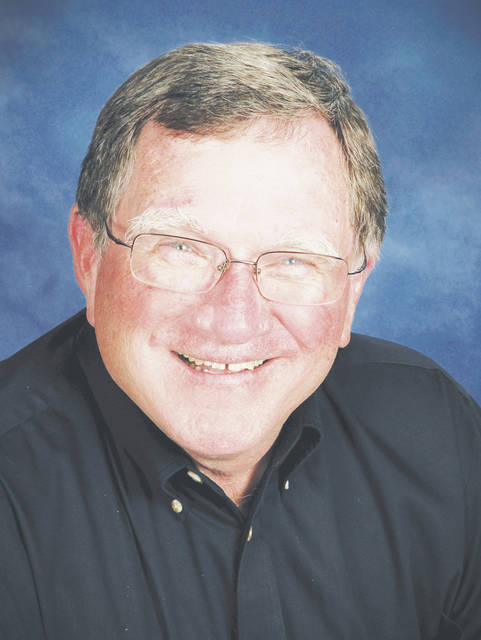
Quotations can be fun.
There is often a lot of wisdom in the short, witty quotations we hear.
There is a famous quotation about silence that has been attributed to both Abraham Lincoln and Mark Twain. From the sound of it, it could have been either man. Some historians say it might have been neither of them who originally said, “It is better to remain silent and be thought a fool than to speak and remove all doubt.”
The premise that we can appear to be wise by remaining silent dates all the way back to the ancient wisdom of Solomon. In the Old Testament book of Proverbs, Solomon wrote, “Even a fool is thought wise if he keeps silent, and discerning if he holds his tongue.”
Unfortunately, some people feel the need to fill any lapse in conversation with words. Some folks rarely have an unspoken thought. Some folks appear to be pathologically unable to just listen without interjecting every thought that crosses their mind.
They just cannot refrain from speaking or tweeting their every thought.
It usually makes them look anything but wise.
It is also said that “silence speaks volumes.”
In my opinion, the most perfect speech ever delivered was President Abraham Lincoln’s Gettysburg Address. In roughly two minutes, President Lincoln spoke volumes about personal sacrifice, freedom and liberty.
Just before the president spoke, and in stark contrast to Lincoln’s two-minute address, Edward Everett spoke for over two hours. Everett describes the sky that day as being serene. People were prepared to listen. He was prepared to speak.
He waxed eloquent as he spoke on and on and on. His flowery speech was normal for that period of time. He filled the serenity of that sky with words and phrases. Finally, he sat down.
President Lincoln rose and spoke only a few moments. People did not know how to react to President Lincoln’s brief comments. It seemed that he had no sooner started … he was finished.
The president sat down. The serene skies were filled with silence.
The recollections of Sarah Myers were published in 1932. She was a 19 year-old young lady when she heard President Lincoln give his famous address.
Myers is reported to have said, “I was close to the president and heard all of the address, but it seemed short. Then there was an impressive silence like at a Friends Meeting. There was no applause when he stopped speaking.”
I have never heard a solemn prayer followed by applause. Lincoln’s words were comparable to a powerful prayer. It was appropriate that the Gettysburg Address was followed by silence.
Silence speaks volumes.
Last Tuesday, I attended the annual remembrance ceremony for the 9/11 terrorist attack.
The mayor welcomed everyone. Pat Haley made opening comments. Pastor John Wirmel prayed. Former Fire Chief Joe Spicer provided memorial comments.
The silence was broken by the sound of bagpipes and the tolling of the Freedom Bell. Emily Walls sang the National Anthem. The flag was lowered to half-staff. The honor guard fired the 21-gun salute.
Lt. Ed Myers ended the program with the haunting sound of bag pipes.
At no time during the morning, was there a hint of applause. There was only silence. It was solemn. It was appropriate.
In the Quaker tradition, silence is used during each of their worship services.
Quaker writer Arthur Roberts explains the characteristics of silence. He describes the silence not as formal worship but as private reflection.
In his “Devotions on Silence”, Roberts writes that silence: fosters awe before the Almighty, indicates submission to God, provides a posture for worship, provides freedom from noise and distraction, sets the stage for prayer, signifies respect for others, provides holy space and prepares for effective social witness.
Much is happening within their hearts during those simple moments of silence.
Moments of silence are often used publicly to pay respect to people who have died or to prepare for important group action.
Each Wilmington City Council meeting begins with a moment of silence. People in the council chambers can sit quietly or they can meditate on the business that will be heard by council.
When I was the mayor and later, as president of city council, I would always end the moment of silence with the simple word, “Amen.”
Randy Riley is former Mayor of Wilmington and former Clinton County Commissioner.


